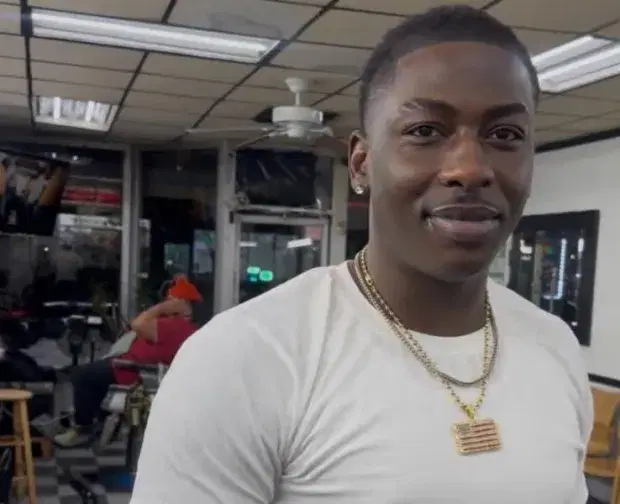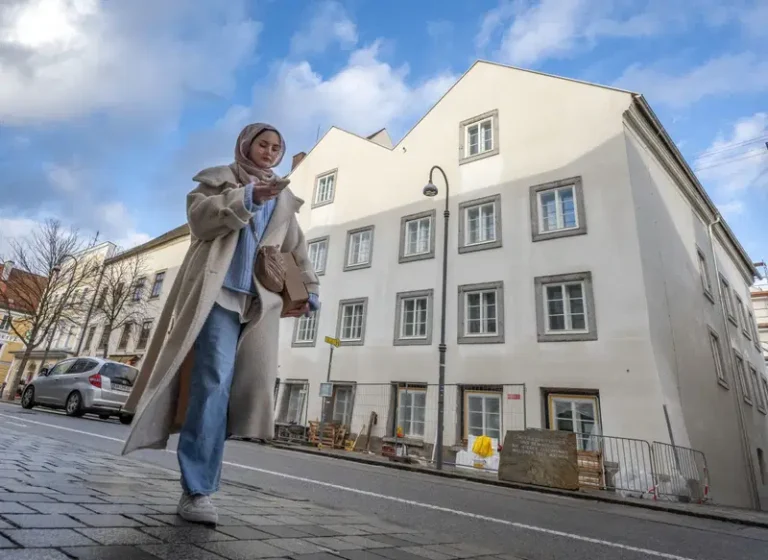
Record-high immigration is likely to be a dividing line in next year’s general election, and the Conservative-led government in Britain has outlined a series of steps to address this issue.
According to AFP, the United Kingdom has said that it will prohibit foreign health and social care workers from bringing their family dependents to Britain and will increase the minimum wage requirement for a skilled employer visa.
Touted as “the biggest clampdown on legal migration ever,” the ideas were promoted by the office of Prime Minister Rishi Sunak.
Opponents, however, contended that it would exacerbate staffing issues in the National Health Service (NHS), which is controlled by the state.
The national elections, which must take place no later than January 2025, will inevitably centre on immigration. The current odds favour the main opposition Labour Party’s victory in these elections.
Pressure has been mounting on Sunak to fulfil his promise to cut down on immigration since last month’s figures revealed that net migration to Britain reached a record high in 2022.
Last year, there were 745,000 more people who came to Britain than left, according to the Office for National Statistics (ONS).
According to James Cleverly, the minister of the interior, his proposal will reduce immigration to the UK by 300,000 in the next years.
As he presented his plans to parliament, the home secretary proclaimed, “Enough is enough.” His initiatives will be implemented early next year.
An increase from £26,200 to £38,700 ($48,860) per year, in line with the median full-time income, is required of talented foreign workers seeking a UK visa, according to Cleverly.
Health and social care workers were specifically spared, but he did say they couldn’t bring their families with them.
Changes that might discourage healthcare professionals from migrating to the UK are “deeply concerning,” according to NHS Providers, an organisation that represents English hospital groups.
Immigration has been described as “saving the social care sector” by Care England, an organisation that represents independent adult social care providers. Because of Brexit, staff shortages have become even worse.
Also, cleverly, the minimum income for family visas was raised to £38,700 and limits on overseas students bringing dependents were confirmed.
He reiterated that the surcharge that foreign nationals pay to use the National Health Service (NHS) in the United Kingdom will rise by 66%, to £1,035.
Others have pointed out that workers also pay National Insurance taxes, which help pay for healthcare, thus this amounts to a double tax on migrant workers.
“Do or die” —
Deftly mentioning that the government would revamp the “shortage occupation list”—a document outlining occupations for which firms are struggling to locate sufficient British workers—Cleverly rounded out his statement.
A pledge to reduce net migration numbers was essential to Boris Johnson’s Conservatives’ massive victory in the 2019 election.
Britain would be able to “take back control” of its borders, the party has said time and time again, after exiting the EU, which halted free movement of people from member states.
However, since Britain’s official departure from the EU in January 2020, routine migration has skyrocketed. There was a net migration of 488,000 in 2021.
Some right-wingers claimed that the matter was “do or die” for the party, adding to the pressure on Sunak from his own MPs to act in response to the ONS findings.
Tories have been in power since 2010, but they are well behind center-left Labour in surveys. Labour also believes that regular migration is too high.
Yvette Cooper, the Labour party’s spokesman for home affairs, said that the Conservatives were in a “chaotic panic” over immigration.
The speaker informed the legislature that the Conservative administration had “admitted years of total failure” with today’s announcement.
Sunak is also having trouble reducing the amount of undocumented entrants who use tiny boats to cross the Channel from northern France.
This year, some 30,000 have bravely made the perilous journey.
Last month, the courts rejected the administration’s much-touted plan to deport asylum seekers to Rwanda, despite the fact that the government views such crossings as illegal.
In order to conclude a new treaty, Cleverly is expected to visit Kigali soon, potentially this week. There have been reports that the administration is drafting “emergency legislation” in an effort to launch deportation flights by the spring.








